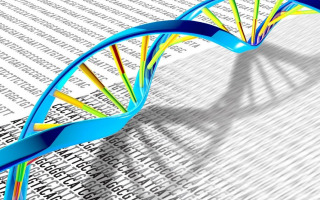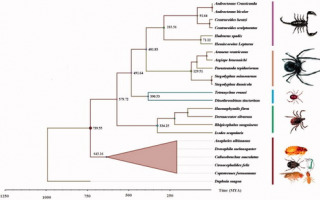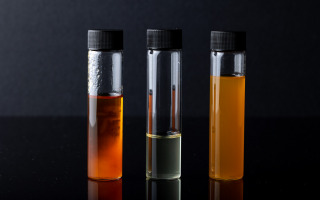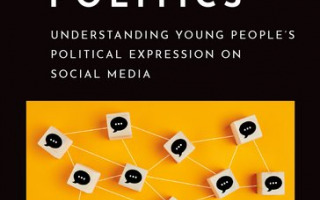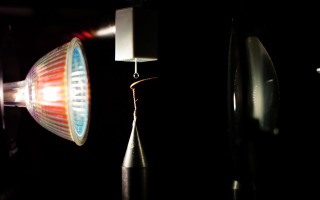News
Gene-Edited Lettuce: A New Approach to Fighting Micronutrient Deficiencies
Researchers have successfully used gene-editing technology to enhance the nutritional value of lettuce. The study demonstrates a significant increase in β-carotene (provitamin A), zeaxanthin, and ascorbic acid (vitamin C) without compromising plant growth or yield. This breakthrough highlights the potential of gene editing to combat micronutrient deficiencies and improve the dietary quality of widely consumed crops.
Bring them Home Now! The Hebrew University statement
Prof. Asher Cohen, President of the Hebrew University, and the Presidents of Research Universities in Israel, along with higher education leaders, urge Prime Minister Netanyahu:
"All hostages still held in Gaza must be returned without delay."
In a letter to the Prime Minister, the presidents of Israel’s higher education institutions called on the government—and its leader—not to stop now. They urged full commitment to advancing the second phase of the agreement, the phase that will bring home all remaining hostages, both living and deceased.
Petunia’s Secret: Cracking Nature’s Perfume with Key Floral Scent Gene
Scientists at The Hebrew University of Jerusalem have unlocked the secret behind petunia’s captivating scent—tracing it back to a single gene, PhDEF. This gene not only shapes the flower’s petals but also triggers the production of alluring fragrances that attract pollinators. The discovery could revolutionize the fragrance industry and horticulture, offering new ways to enhance floral scents without altering a flower’s natural beauty.
New Insights Into the Evolution of Spiders, Scorpions, and Their Relatives
A new study challenges traditional views on arachnid evolution, suggesting that the transition from water to land occurred multiple times rather than in a single event. The research also highlights the role of whole-genome duplication in shaping key traits in spiders and scorpions, such as silk production and venom synthesis. These findings offer new insights into chelicerate phylogeny and provide a foundation for future genetic and evolutionary studies.
No More Antibiotics? Scientists Pioneer a Safer Way to Protect Cultured Meat
New study explores the use of Random Antimicrobial Peptide Mixtures (RPMs) as a safe and effective alternative to antibiotics in cultured meat production. These synthetic peptide cocktails successfully eliminate bacterial contamination without harming stem cell viability or contributing to antibiotic resistance. The findings highlight RPMs as a promising solution for improving food safety and sustainability in cellular agriculture.
Lung Cancer Research Foundation Announces Research Collaboration with Israel Cancer Research Fund Groups partner on research project to test innovative new treatment for KRAS-mutant cancer being developed at Hebrew University
The Lung Cancer Research Foundation (LCRF) is pleased to announce its partnership with Israel Cancer Research Fund (ICRF) on a project led by Joel Yisraeli, PhD, and his lab in the Department of Developmental Biology and Cancer Research at the Hebrew University of Jerusalem. The ICRF-LCRF Project Grant is a three-year, $180,000 award.
The Hebrew University was honored to welcome H.E. Ms. Alexandra Rydmark, Ambassador of Sweden to Israel
The Hebrew University was honored to welcome H.E. Ms. Alexandra Rydmark, Ambassador of Sweden to Israel, for her first visit to our institution. She was received by Ambassador Yossi Gal, Vice President of the Hebrew University Advancement and External Relations, and Professor Asher Cohen, President of the University.
The Hebrew University Congratulates Prof. Dwora Gilula on Winning the Israel Prize in Literature, Poetry and Translation
The Hebrew University of Jerusalem is proud to extend its heartfelt congratulations to Prof. Dwora Gilula of the Department of Classical Studies and the Department of Theater History on being awarded the prestigious Israel Prize in the field of literature, poetry, and translation into Hebrew.



